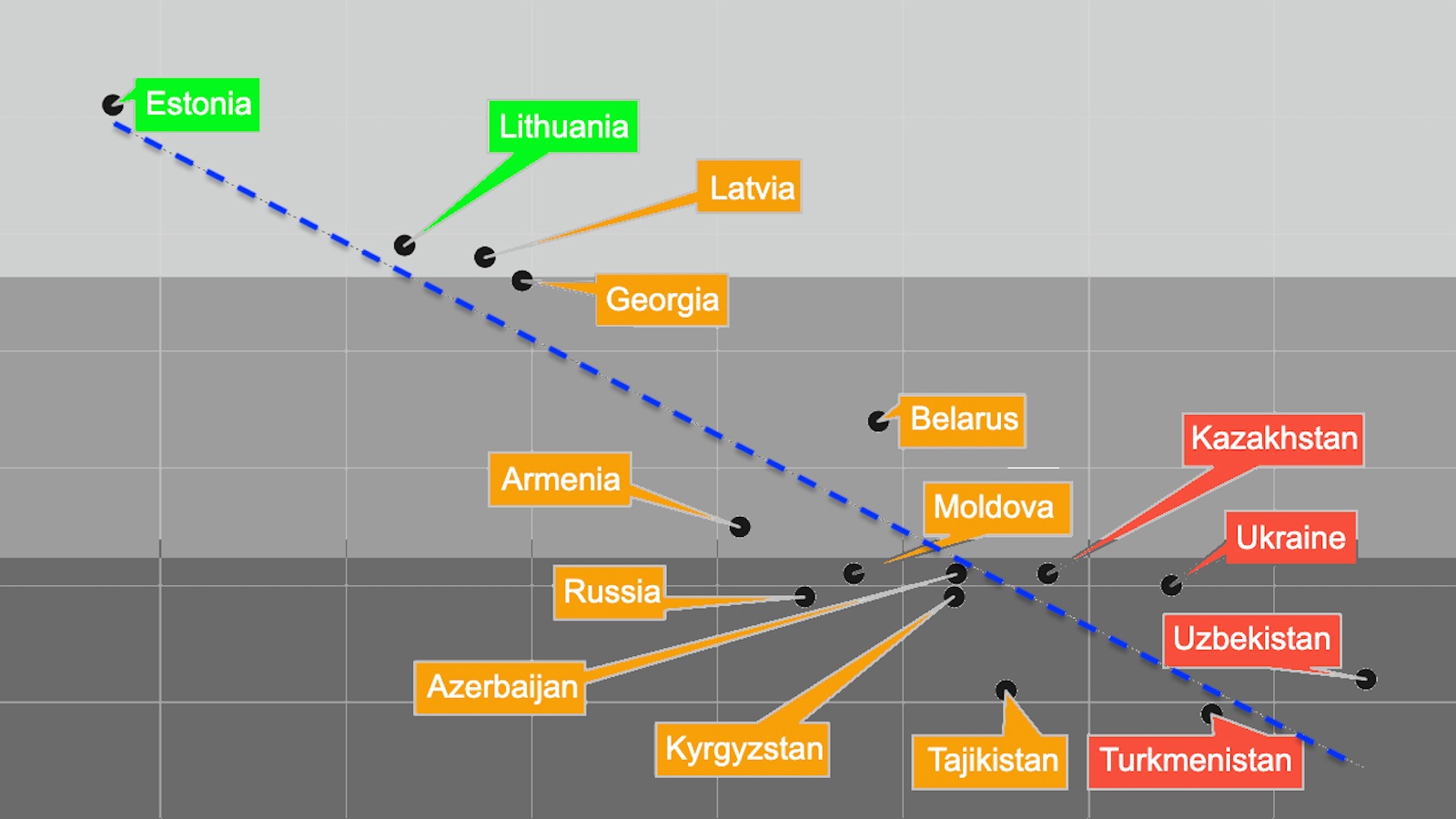The Informal Job Market – And Why It Matters.

What’s the Big Idea?
Michael Ellsberg is a contributing writer for Forbes and author of The Education of Millionaires: It’s Not What You Think, and It’s Not Too Late, a bootstrapper’s guide to investing in your own human capital. After graduating with high marks from the prestigious Brown University, Ellsberg spent a good part of his twenties living with his parents. He’d done exactly what he was supposed to, and yet he still found himself struggling to make ends meet.
Inspired by his own failures — from catastrophes at work to a humiliating rejection from a fiction publisher — he has become a fierce advocate for another kind of education. To write the book, Ellsberg interviewed some of the most successful people on the planet who didn’t complete college (Facebook co-founder Dustin Moskovitz and Sean Parker, designer Marc Ecko, Pink Floyd guitarist David Gilmour) looking for common themes and experiences, which he culled into a “Syllabus for a Successful Life.”
Watch the video:
What’s the Significance?
The majority of today’s recent graduates and the newly unemployed who find jobs will do so on the “informal job market” — without using a job search engine or submitting a formal application.
80% of hiring happens on the informal job market, where formal credentials are much less important than who you know and job requirements are flexible. This includes outside referrals (somebody who knows somebody) and promotions within a company. “If you know somebody who knows somebody who works in an organization that is hiring, you can get a referral and it doesn’t really matter what your GPA was or how you did on your tests or your credentials. What matters is that you have a great resume of results that you have gotten in the real world and that you’re a good networker, that you know people,” says Ellsberg.
That means that jobseekers should be focusing less on what specific skills they have or don’t have, and more on becoming a skilled networker. “That, to me, is the number one skill, and of course also learning the skills of the area that you want to do business in, to have a career in, which you’re unlikely to learn in college,” says Ellsberg.





